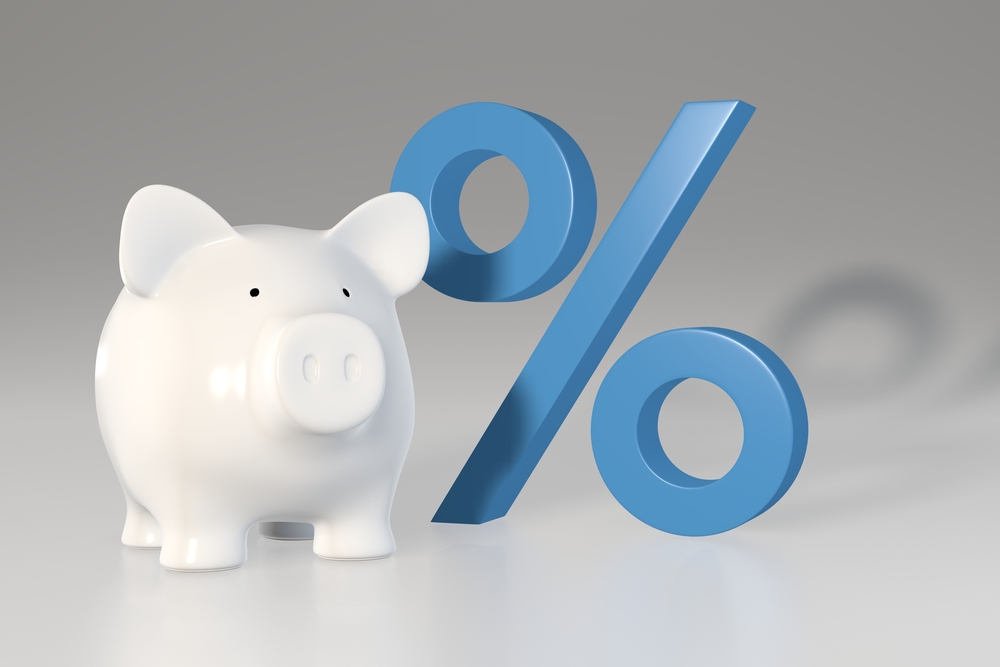News
Al Rayan Bank unveils four table-topping savings rates

Islamic bank Al Rayan has hiked the rates on its four fixed-term savings products, propelling them all to the top of Moneyfacts’ independent best buy tables.
The challenger bank has increased the rate on its one-year bond to 2.12%. Its nearest competitor is Gatehouse Bank, which pays 2.10%.
It has also boosted its 18-month rate to 2.32%, and its two and three-year bonds to 2.42% and 2.52% respectively.
Al Rayan is a sharia-compliant bank, so customers are not paid interest but instead are given an expected profit rate (EPR). The bank has never failed to pay out its EPR.
Rachel Springall, finance expert at rate monitoring site Moneyfacts, said: “Al Rayan Bank are flying high in the Best Buys, so savers searching for a fixed return on their cash will be pleasantly surprised by these latest rates.
“In January 2018, Al Rayan Bank paid an expected profit rate of 1.85% [on its one-year account] and sat at the top of the market, and today’s deal pays a notable 0.37% more.”
To open an account, savers need to deposit at least £1,000. Interest is paid quarterly and can be taken as income or reinvested.
Savings are covered by the Financial Services Compensation Scheme (FSCS), which means if the bank goes bust you’d get up to £85,000 back or £170,000 for joint accounts. (For more, read our guide on sharia savings accounts).
What is a sharia-compliant bank?
Instead of paying interest to savers, Islamic banks, such as Al Rayan, invest customers’ deposits in ethical, sharia-compliant trading activities to generate a profit, which is then shared between the customer and the Bank.
Islamic banks are open to savers of all faiths and none.
Al Rayan estimates over 90% of its fixed-term deposit customers are non-Muslim.
Springall said: “Savers will likely be thinking of other ways to make their money work for them, and investing ethically could be on their minds. Islamic banks are very different to your typical high-street bank, and so long as they are protected by the FSCS, there is little reason for savers to overlook them.
“It’s important for the Islamic banks to continue to build up trust among consumers who may be hesitant to invest with an unfamiliar brand.”